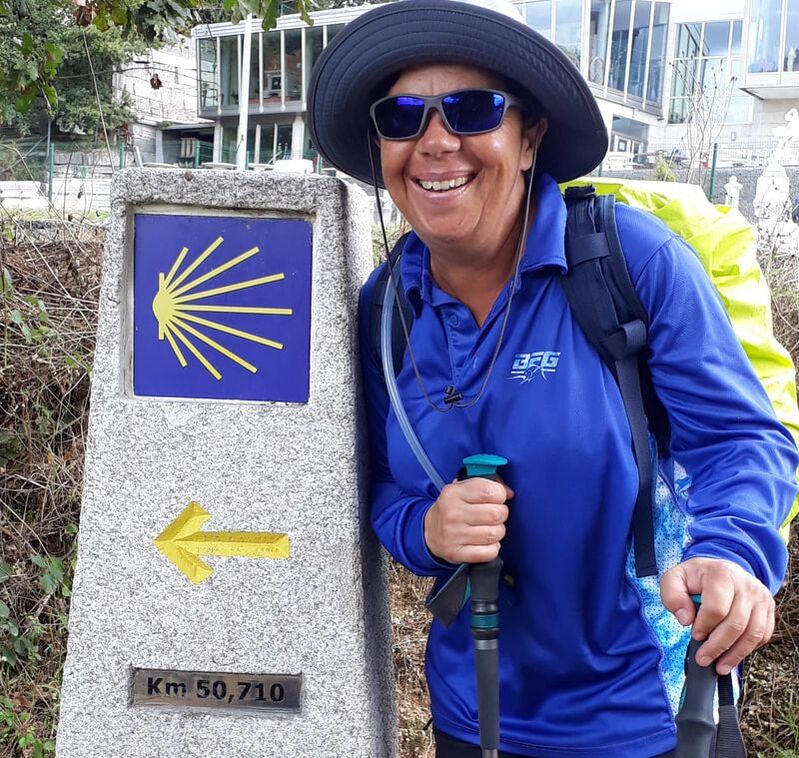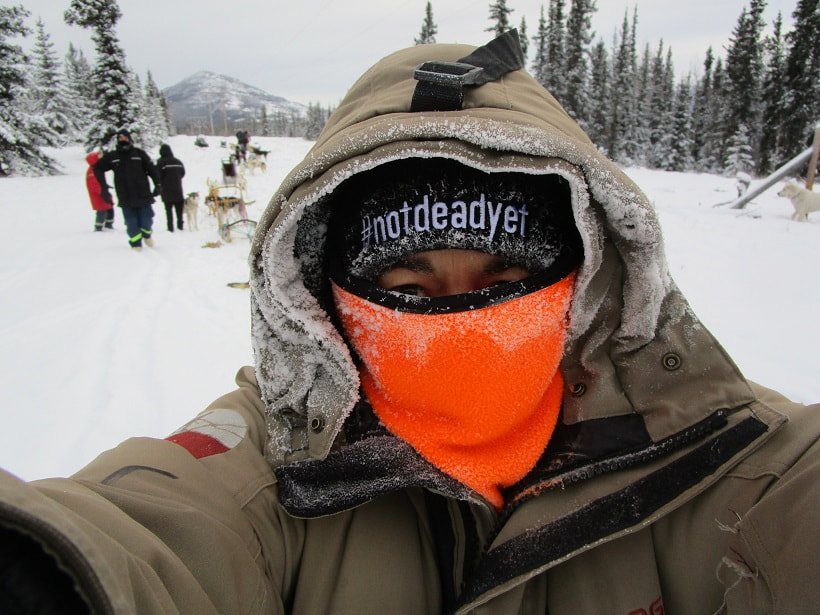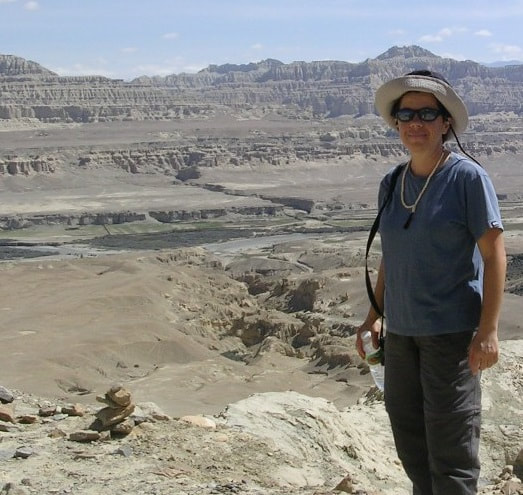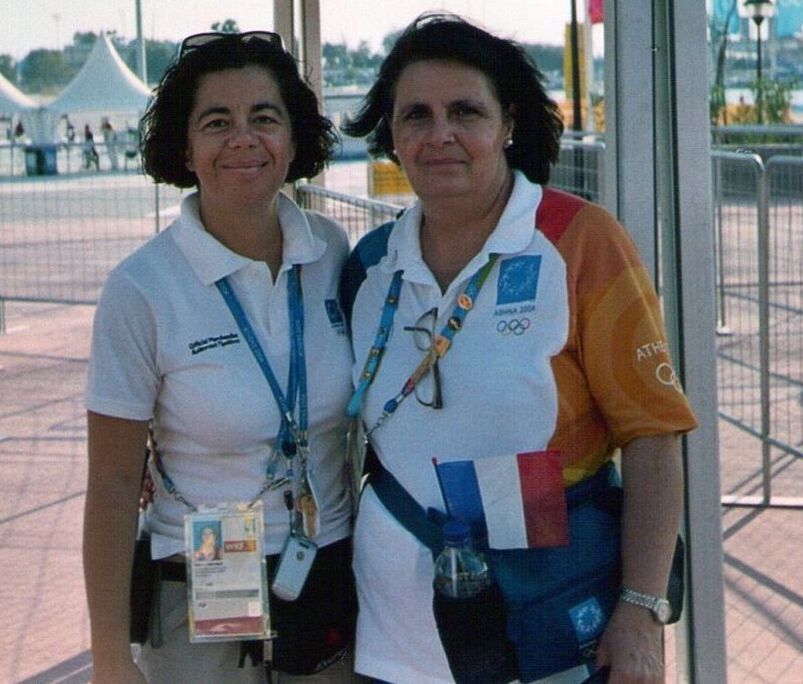|
Some mornings I wake up in a Japanese mood. I inexplicably find myself thinking and texting in Japanese, which has been known to confuse a recipient or two. On these days I crave soba noodles, sushi, okonomiyaki (Japanese pancakes) and drink green tea. Then, on other mornings I may wake up in a Greek mood. This happens more regularly, given that I have instant online access to my Greek relatives these days. It also means I have to reach for my English-Greek dictionary, as my brain often stalls in a bilingual no-man’s land. I’m therefore surprised that I’ve managed to retain some level of conversational Japanese skills, considering limited access to speaking opportunities for more than a decade. I guess the two years I lived in Japan, albeit 20 years ago, firmly cemented the basics into my brain cells. Or perhaps, I just enjoy languages. I’ve always wanted to learn Spanish; I got a taste for it when I crammed some beginner’s lessons into two weeks before travelling to Peru in 2003. I felt that I could’ve picked up the language relatively easily if I’d spent six months in a Spanish-speaking country. It just sounded easy. But why settle for being trilingual, when I can aim at being a polyglot (someone who speaks several languages). I like the sound of that – it’s a lot fancier than saying multilingual or polylingual. Even more impressive is a hyperpolyglot, a person who can speak six or more languages fluently. Notable hyperpolyglots • Linguist and political economist John Bowring (1792–1872), boasted he could speak 100 languages. At the time of his death, however, a more conservative estimate reported that he had a speaking knowledge of eight languages, reading and writing knowledge of seven, and a working understanding of a further twenty-five dialects. Apparently, he was also a polymath, ie, a walking encyclopedia. • Marxist Friedrich Engels (1820–1895) was said to have mastered more than 20 languages. • Hans Conon von der Gabelentz (1807-1874) was a German linguistic researcher who worked on more than 80 languages. • Nicolae Iorga (1871–1940), a Romanian historian, politician, literary critic, memoirist, poet, and playwright, could speak Aromanian, Romanian, French, Italian, Latin and Greek fluently at the age of fifteen. He was also a polygraph, ie, a prolific scribe (not to be confused with the polygraph machine, or lie detector). • Ioannis Ikonomou (1964), chief translator at the EU parliament speaks 32 languages fluently. Okay, I admit my intermediate Greek, conversational Japanese and smattering of Spanish don’t quite make it into the hyperpolyglot arena, so I’ll have to consider joining the Polyglot Club to brush up on my language skills. I discovered this site while researching this subject. The Polyglot Club is for “people who want to learn a new language and exchange with native speakers to improve your language skills, if you are a student, an employee of an international company, a globe-traveller or simply eager to discover new cultures.” Speaking in tongues In the course of this research, I pondered the following question: is it possible to speak all languages? Yes, if you’re an omniglot, that is; someone who has a command of all languages. The website www.omniglot.com describes itself as an encyclopaedia of writing systems and languages. If you’ve ever wondered how many languages there are in the world, you can view them on this site. And in case you’ve ever wanted to communicate with elves and hobbits when travelling through Middle Earth, the site lists all of Tolkien’s alphabets and languages. Don’t ask me why, but there’s also an Elvish Names Database. And you thought I had too much time on my hands! Surely, though, in this highly technological world, there's an easier way to become an omniglot? Image: FreeDigitalPhotos.net Is there an App for that? Yes. Douglas Adams invented it long before smart phones. “The Babel fish,” said The Hitchhiker's Guide to the Galaxy quietly, “is small, yellow and leech-like, and probably the oddest thing in the Universe. It feeds on brainwave energy received not from its own carrier but from those around it. It absorbs all unconscious mental frequencies from this brainwave energy to nourish itself with. It then excretes into the mind of its carrier a telepathic matrix formed by combining the conscious thought frequencies with nerve signals picked up from the speech centres of the brain which has supplied them. The practical upshot of all this is that if you stick a Babel fish in your ear you can instantly understand anything in any form of language.” Like Vogon, for example. Elvish has left the building! Are you bilingual, trilingual or a polyglot?
4 Comments
Sue Kruger
19/7/2012 07:40:12 am
Je suis une nihongo woman, ciao. Does that mean I'm quatrolingual?
Reply
Hari Kotrotsios
19/7/2012 08:12:09 am
Indeed, you are, Sue. And I even understood that sentence!
Reply
19/7/2012 09:19:06 am
Hai...well said...I'd love to have your competence with your site...me I flounder. I enjoyed this one...although I was not moved...as I can speal or, rather, squeak, in tongues...like the Queens english, pidgeon english, cockney. On no account am I suggesting that I can be understood...not at all...but keep going I enjoy your contributions to sanity.
Reply
Hari Kotrotsios
19/7/2012 01:33:38 pm
Sanity? There'll be none of that here, Bernie! Perhaps we can coin a new term, such as polyspiel (someone who spiels in tongues).
Reply
Your comment will be posted after it is approved.
Leave a Reply. |
 Portuguese Camino 2019 Portuguese Camino 2019
Travel blogs
New Zealand 2008 Tibet 2007 New Zealand 2006 Melbourne 2006 United Kingdom 2004 Athens Olympics 2004 Peru 2003 Beijing to Athens 1994 Nepal 1991 Categories
All
Archives
December 2019
|
|
I acknowledge the traditional Custodians of the land on which I work and live, the Gubbi Gubbi / Kabi Kabi and Joondoburri people, and recognise their continuing connection to land, the waters and sky. I pay my respect to them and their cultures; and to Elders past, present and emerging.
|
© 2024 HARI KOTROTSIOS
|



